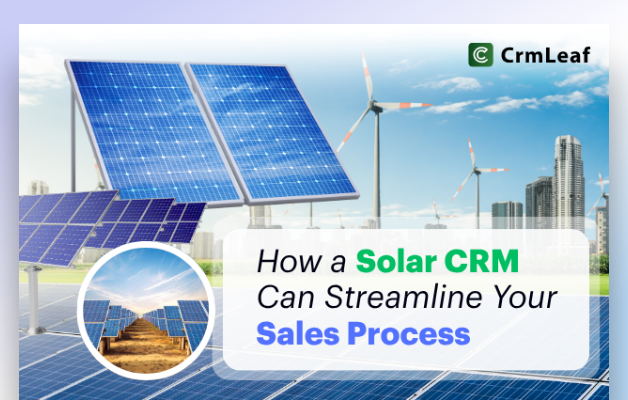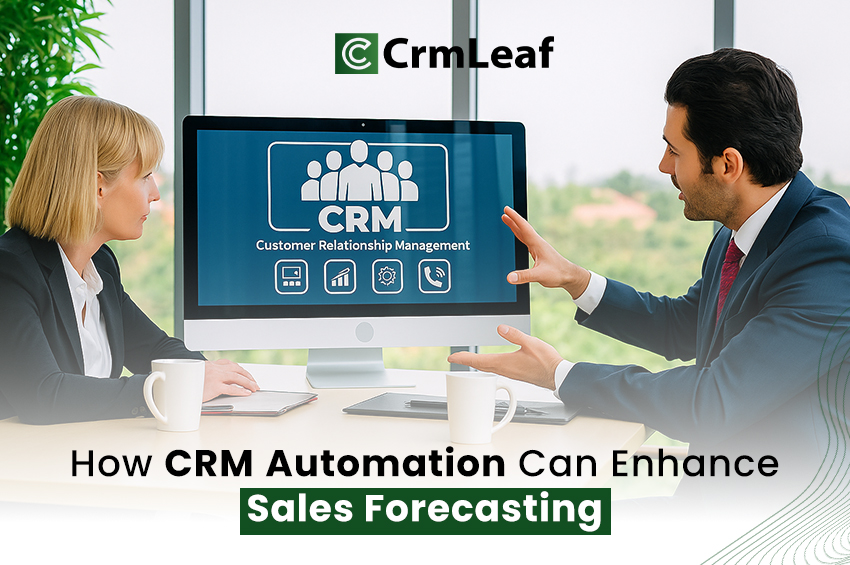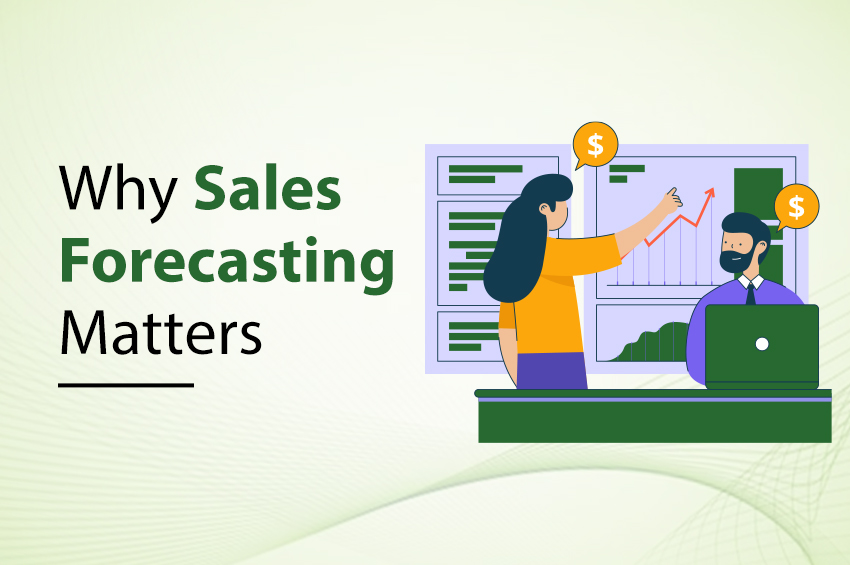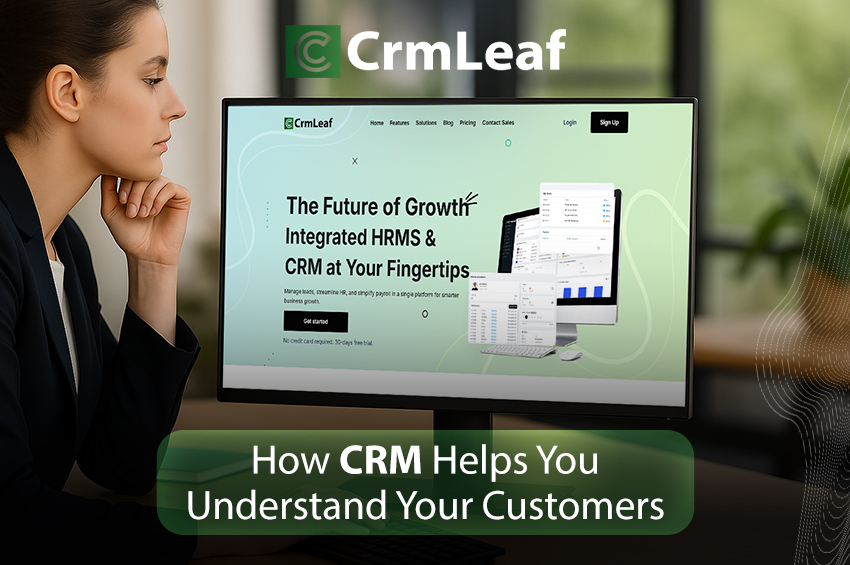In the heartlands of Odisha, where electricity still remains a luxury in many villages, Kalinga Renewable Energy Manufacturers Pvt. Ltd. (KARMA) has been a beacon of hope. From solar-powered street lights to clean water through solar pumps, KARMA’s projects have lit up lives—literally and figuratively. But like any growing enterprise working in challenging terrains, their journey hasn’t been without hurdles.
Managing operations across remote rural areas, handling complex inventory, and coordinating workflows with government agencies, NGOs, and private partners, KARMA needed more than just passion to scale their impact. They needed a system to streamline operations, track projects efficiently, and manage resources without chaos. That’s where CRMLeaf came into the picture.
This isn’t just a story of adopting software—it’s a story of transformation.
The Operational Challenge: A Growing Vision, Scattered Systems
When KARMA first began scaling, they relied on manual processes and spreadsheets to manage project data, inventory, and field activities. What worked for 10 projects quickly became a nightmare at 100.
- Field teams often struggled to report progress from remote locations.
- Inventory mismanagement led to project delays and overstocking of costly solar components.
- Collaboration with external partners lacked transparency.
- Approvals and updates were stuck in endless email threads.
The mission was noble, but the backend was bursting at the seams.
CRMLeaf Steps In: One Platform, Total Clarity
KARMA implemented CRMLeaf with a clear goal—to bring structure and simplicity to their growing operations.
Here’s how the transformation unfolded:
1. Streamlined Project Oversight Across Rural Installations
Managing rural solar projects involves multiple stages—site assessment, procurement, installation, testing, and maintenance. CRMLeaf gave KARMA a unified dashboard to:
- Track project lifecycles with real-time status updates.
- Assign tasks to field teams and monitor their progress remotely.
- Automatically generate reports for funders and government bodies.
This real-time visibility meant KARMA’s managers no longer had to wait for weekly calls or sift through paperwork to understand what was happening on the ground. They knew exactly which village was powered up, which site needed maintenance, and what delays needed immediate attention.
2. Inventory, Finally Under Control
One of the biggest wins for KARMA was CRMLeaf’s integrated inventory management module. With solar panels, batteries, poles, inverters, and wiring kits to manage, tracking stock used to be a nightmare.
Now, with CRMLeaf:
- Each product batch is logged and tracked from purchase to deployment.
- Teams get alerts before stockouts or overstock situations.
- Procurement is smarter, leaner, and timelier.
This not only cut down unnecessary costs but ensured zero delays in rolling out rural installations. The team could now focus on scaling up, not cleaning up.
3. Workflow Automation That Frees Up People
Before CRMLeaf, approvals, team coordination, and vendor communications often got stuck in inboxes. With CRMLeaf’s workflow automation, KARMA created a seamless flow of communication and action:
- Auto-reminders for maintenance schedules.
- Approval chains for purchases and project updates.
- Notifications for upcoming site visits.
What once took days now happens in hours.
Field engineers, previously bogged down with administrative updates, could now concentrate on what they do best—building infrastructure that changes lives.
Real Impact: More Villages, More Lives Touched
Thanks to CRMLeaf, KARMA didn’t just fix its operations—it amplified its impact.
- Project rollout speed increased by 40%.
- Inventory wastage dropped by over 25%.
- Field-to-office communication improved drastically, with real-time syncs via the mobile app.
More importantly, villages that had been waiting for solar lights or water access for months were served faster and more reliably. What was once a bottlenecked process turned into a well-oiled machine of clean energy distribution.
Why CRMLeaf Was the Perfect Fit for KARMA
Not all CRMs understand the needs of a rural renewable energy enterprise. But CRMLeaf wasn’t built just for corporate sales—it was designed to adapt across industries and realities.
KARMA chose CRMLeaf because:
- It’s lightweight yet powerful, ideal for teams working in areas with limited internet.
- It provides custom modules, perfectly matching KARMA’s unique project workflows.
- It’s affordable and scalable, ensuring long-term sustainability.
But perhaps more than features, it was CRMLeaf’s team-driven approach that made the difference. KARMA wasn’t just given software—they were given support, training, and the freedom to customize the platform to match their mission.
Final Thoughts: Tech That Powers Purpose
In a world increasingly powered by technology, it’s heartening to see that software like CRMLeaf doesn’t just enable businesses—it empowers change-makers like KARMA.
Their story reminds us that digital transformation isn’t just for boardrooms or urban enterprises. It’s for every rural light that turns on at night, every solar pump that irrigates a field, and every community that gets one step closer to sustainable living.
And behind that silent revolution, there’s a system like CRMLeaf—quietly running the show, helping heroes do more with less.









